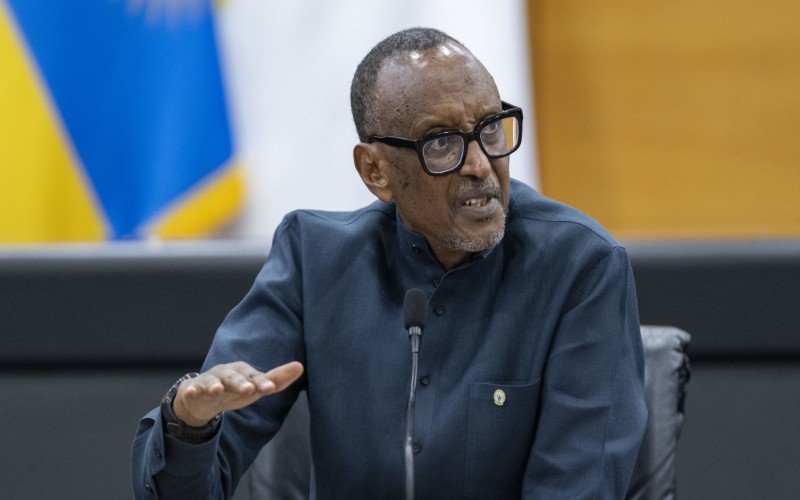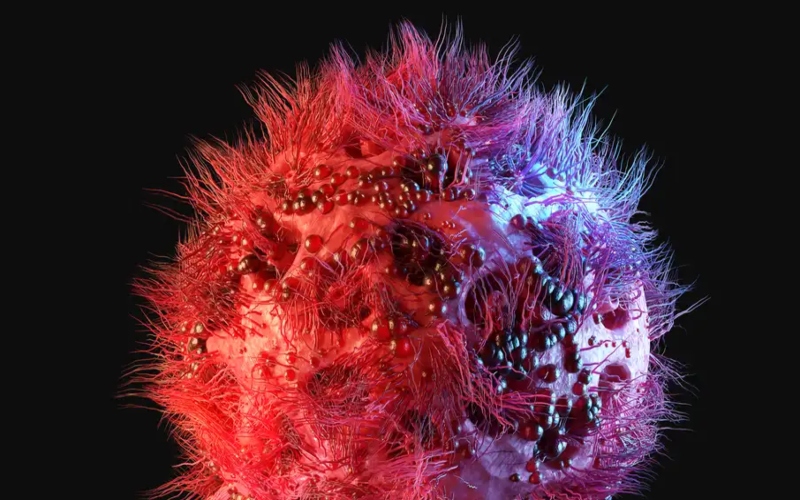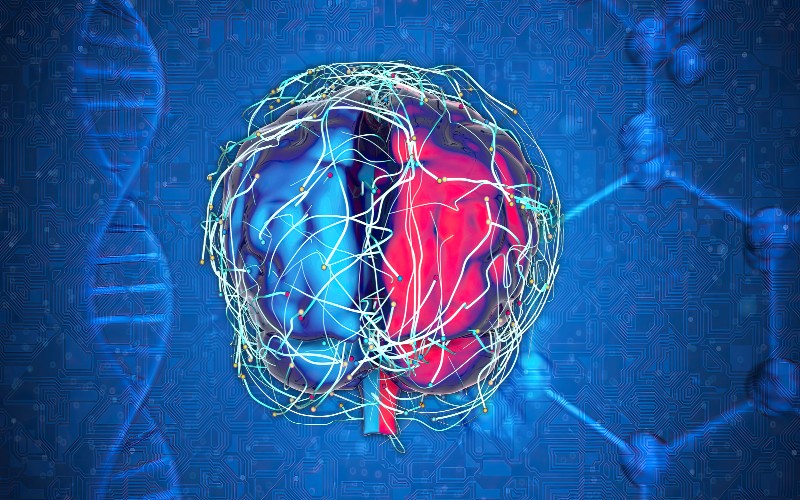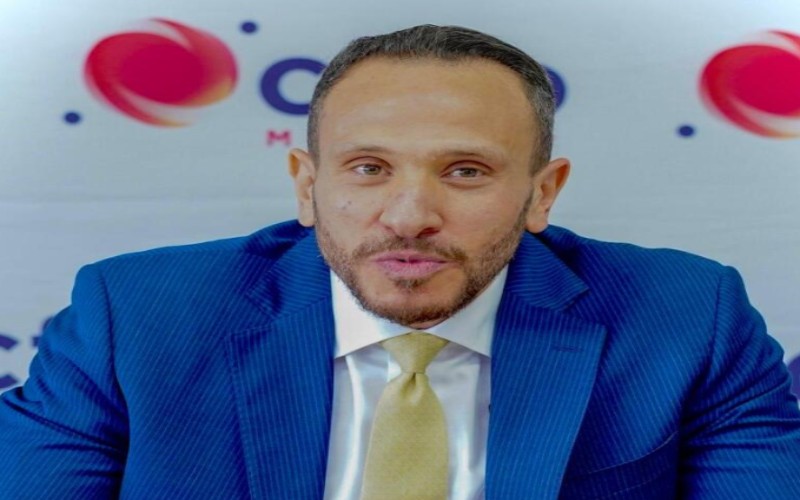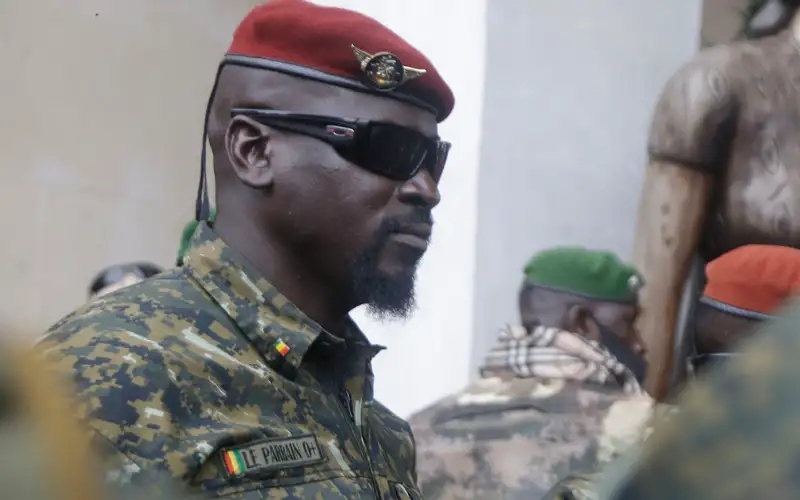Kenya’s policing reforms: Progress, challenges and negative public perception
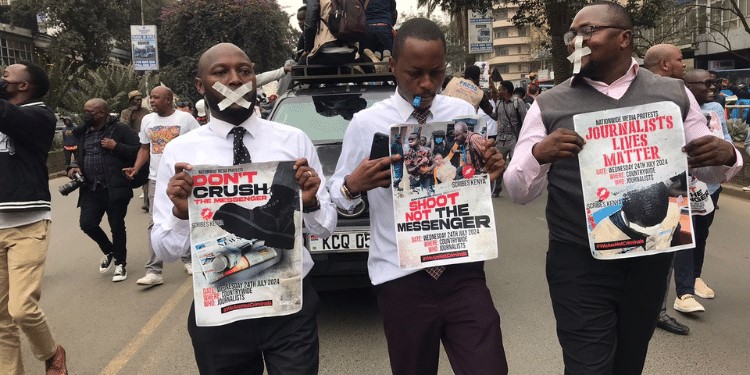
The brutality by police officers, coupled with the ever-present and corrosive corruption undermines public trust.
As 2024 came to a close, the final chapter was being written with the familiar ink of systemic challenges at the National Police Service (NPS), whose actions of police brutality in the year continued ranking as the leading institution in perpetrating corruption, painting a grim reality for many Kenyans and casting its shadow over the continued fight for justice.
The persistent twin crises are happening in an era of reforms as espoused in the report by former Chief Justice David Maraga's taskforce on police and prison reforms, which primarily sought to effect changes that positively impact public perception of the police.
More To Read
- Police assure Kenyans of security ahead of Thursday’s by-elections
- Kanja admits police could have done better in handling Gen Z protests, advocates for training
- Senators order agencies to reconcile records on injured police officers’ claims amid conflicting figures
- Gen Z protests in Kenya: Key facts (2024-2025)
- Amnesty report shows at least 128 killed, 3,000 arrested in 2024–2025 Gen Z protests
- Only two of 11 police aircraft operational, rest grounded over maintenance failures, EACC audit reveals
However, the brutality that police meted on protesters leading to the deaths of over 60 during the June anti-government protests, and the arrests and harassment of anti-femicide march participants cast doubts on the strive for reforms in the service.
At the end of the End Femicide peaceful march, National Gender and Equality Commission (NGEC) Chairperson Rehema Dida condemned the violence the participants were met with by the police.
"It is unacceptable for those exercising their constitutional right to peacefully assemble to be met with teargas, violence, and arrests. These actions undermine the very principles of human rights we sought to uphold on International Human Rights Day," she said.
Her statement was followed by a call for the arrest of those accountable for curtailing others' right to protest.
 Anti-riot police arrest a man protesting against abductions and forced disappearances on December 30, 2024 in Nairobi. (Photo: Justine Ondieki)
Anti-riot police arrest a man protesting against abductions and forced disappearances on December 30, 2024 in Nairobi. (Photo: Justine Ondieki)
Growing public anger
Unlike her calls for police accountability during the anti-femicide March, there are fears that similar calls made during the June-July protests may go unacted upon as cases of police misconduct continue to pile amidst growing anger against the police.
In 2023, Kenya experienced a spate of violent opposition-led protests during which the government arrested over 300 protesters across major cities and others were killed following a call to civil disobedience over the rising cost of living by former Prime Minister Raila Odinga, who has since jumped ship and now supports the Kenya Kwanza government.
No one has been held accountable for the deaths that occurred at the time, a trend that continued last year, making it among the years when Kenyans' relations with the police hit their lowest levels.
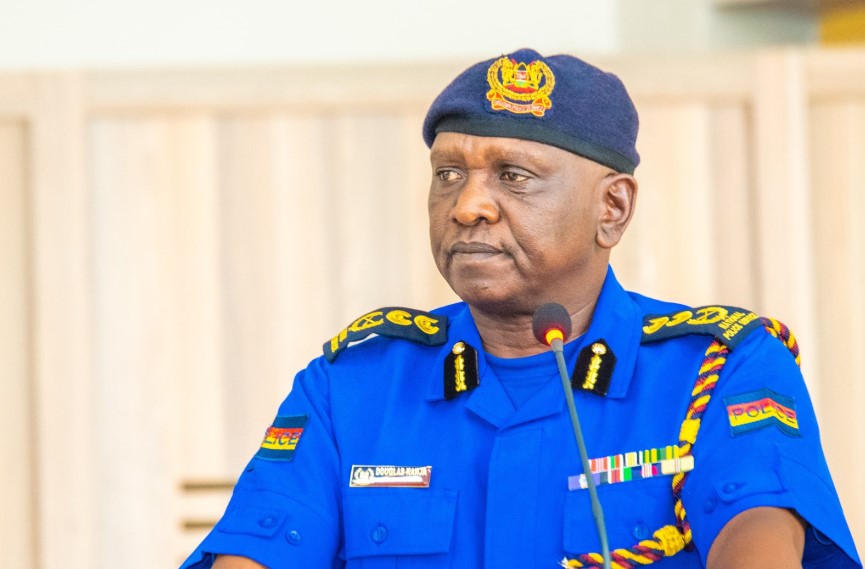 Inspector General of Police Douglas Kanja. (Photo: NPS)
Inspector General of Police Douglas Kanja. (Photo: NPS)
Downgraded global ratings
This is part of the reason Kenya's ratings in the Global Civil Society Alliance Report 2024 have been downgraded from obstructed to repressed.
"The excessive use of police force, intimidation, and obstruction to stop public concerns with corruption, punitive taxation, violence against women, and human rights violations drives this downward spiral," the report notes.
The report focuses on the events that shaped trends in civil society action in 2023, from responses to conflicts to struggles for democracy.
The brutality, coupled with the ever-present and corrosive corruption undermines public trust and erodes institutions designed to protect the people.
Still, these twin crises reminded Kenyans of the urgent need for accountability, reform, and a collective commitment to a better future amid the turmoil, glimmers of resistance as communities and activists refuse to surrender to despair with increased monitoring of government appointees and calls for accountability.
Behind these crises, however, there have been quiet efforts to bridge the gaps with the government's decision to fire former Inspector General of Police Japhet Koome who was replaced by Douglas Kanja whose approach to policing has been described as different.
Some of the moves he has made behind the scenes include ordering for the replacement of seats left vacant at the Internal Affairs Unit (IAU) as a result of transfers effected by Koome, an act that was seen as aimed at crippling the unit.
The IG ordered the vacancies to be filled fast to facilitate prompt probe of cases filed at the unit amongst them cases of police brutality in the June protests.
Still, within the year, Kanja issued another directive to all police commanders across the country to implement 14 points of action that are part of the reforms proposed by the Maraga taskforce to bring changes in the service.
The directives included; mandatory supervision of the procurement of police uniforms to ensure that proper gear is acquired to support police operations, a revamp of community policing structures, and the setting up of disciplinary committees that reflect the face of Kenya.
"It is important that the following directives are adhered to as we forge ahead with the implementation process," Kanja directed in the memo dated July 27, 2024.
Multiple stakeholders have voiced their opinion that if left to work without political interference, the IG could help reinstitute a number of the much-needed reforms in the service.
Welfare of police officers
The reforms will be needed beyond limiting the use of force only when necessary to bettering the welfare of the officers as a means to inspire clean work and reduce their vulnerability to criminal activities.
Towards this end, the government has outlined eight key agendas for the transformation of the service that includes the transformation of its critical infrastructure, making police hospitals in Mbagathi and Kanyonyo operational, the completion of the DCI laboratory, and the opening of the National Police Leadership Academy.
These are contained in the five-year National Police Service strategic plan launched by President William Ruto towards the end of the year.
Top Stories Today
